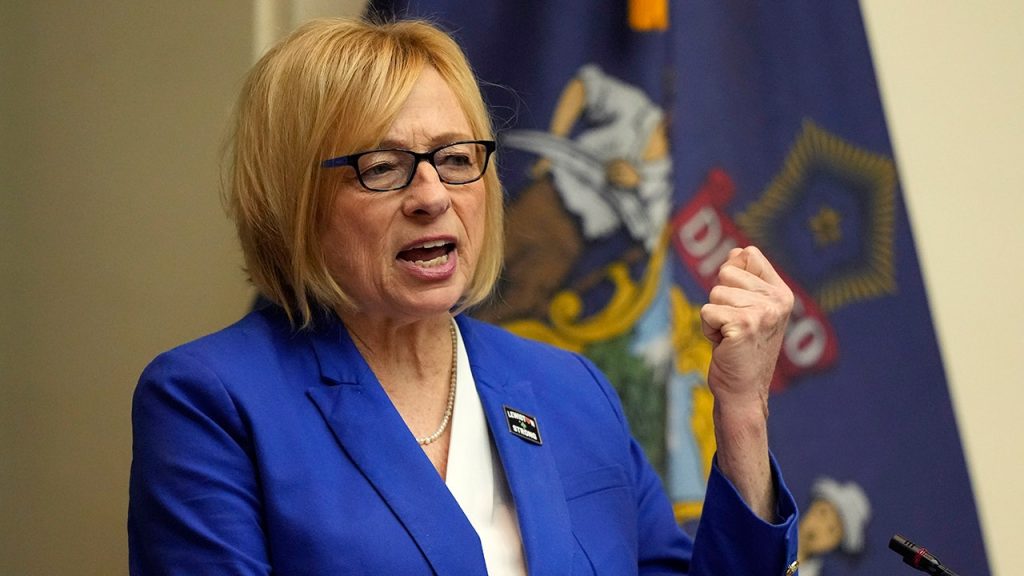Maine has made the decision to join an interstate compact that would delegate its presidential electors to the winner of the national popular vote. This move aligns with the belief that the person who wins the most votes should become the president, as stated by Democratic Governor Janet Mills. This decision comes as 16 states and Washington, D.C. have already joined this proposed pact, with the goal of electing the president based on the national popular vote rather than the current electoral college system.
Governor Janet Mills has allowed this proposal to become law without her signature, recognizing that there are different perspectives on the issue. While opponents argue that small states like Maine could lose influence if the electoral college system is eliminated, proponents point out that two of the last four presidents were elected despite losing the national popular vote. Without a ranked voting system, Governor Mills believes that the person who wins the most votes should become president, in order to uphold the democratic foundations of the country.
The National Popular Vote Interstate Compact is still pending implementation and will not be a factor in the upcoming November election. For the compact to come into effect, supporters need to secure pledges from states with at least 270 electoral votes. As of now, 16 states and Washington, D.C. have joined the compact, with Maine’s addition bringing the total to 209. However, there are other obstacles to overcome, such as questions regarding the need for congressional approval in order to implement the compact.
In Maine, the debate over joining the interstate compact fell along partisan lines, with Republicans unified in opposition. Maine currently splits its four electoral votes, with two going to the statewide presidential winner and one each for the winners of each congressional district. In 2016, the state split its electoral votes for the first time when Donald Trump won a single electoral vote in the conservative 2nd Congressional District. Trump again collected an electoral vote in the 2020 election, highlighting the unique dynamics of Maine’s electoral system.













